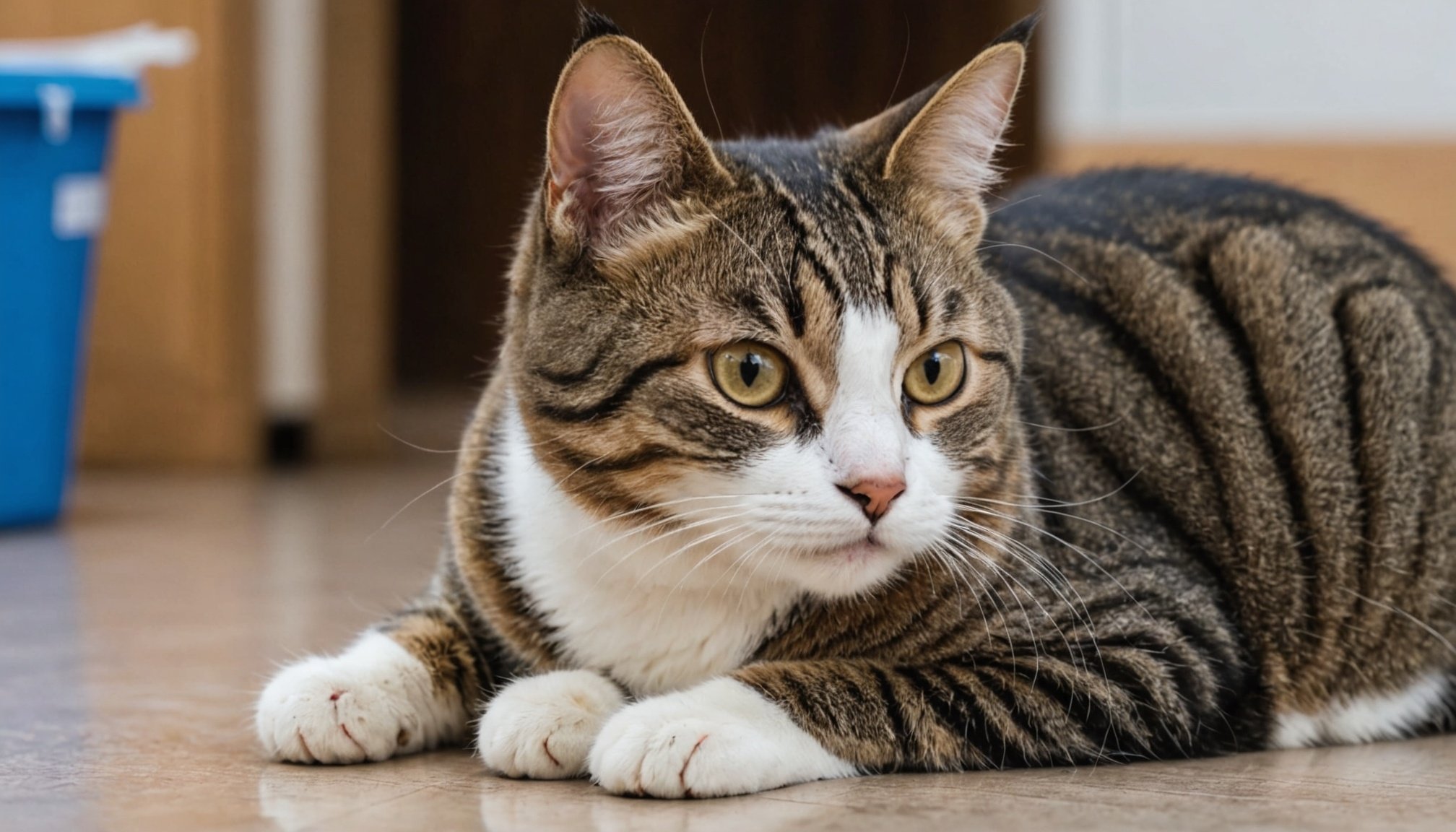Feline vaccinations play a crucial role in protecting our beloved pets from various diseases, much like vaccines do for humans. However, in the quest to keep our furry friends safe, the concept of over-vaccination has emerged as a topic of concern. Therein lies the question: What are the signs of over-vaccination in cats, and how can you, as responsible pet owners, mitigate this risk efficiently? This article explores the delicate balance between keeping your cat safe from diseases and avoiding the pitfalls of over-vaccination.
Understanding the Importance of Vaccination
Vaccinations serve as a crucial line of defense against infectious diseases, helping to bolster the immune system and protect our feline companions from potentially life-threatening ailments.
Also to discover : How can I safely provide my cat with outdoor enrichment while minimizing hazards?
The Protective Nature of Vaccines
Vaccinations are vital in safeguarding cats against common diseases like rabies, FeLV (Feline Leukemia Virus), and FIV (Feline Immunodeficiency Virus). By introducing an inactive, weakened form of a virus or bacteria, vaccines stimulate your cat’s immune system to recognize and fight the disease in the future. This proactive step significantly reduces the risk of infections and associated health complications.
The Role of Veterinary Professionals
Your trusted vet is your partner in determining which vaccines are necessary based on your cat’s age, lifestyle, and health condition. Each feline has different needs, and a one-size-fits-all approach doesn’t apply. The expertise of a specialized veterinary professional ensures that your pet receives the right vaccinations at the appropriate time.
Also to see : How can I recognize and respond to my cat’s body language?
Vaccination Protocols and Guidelines
Standard vaccination guidelines often recommend a series of core vaccines, crucial for all cats, and non-core vaccines tailored to specific risk factors. Core vaccines typically include those for distemper, respiratory infections, and rabies, given their potential severity and ubiquity. But how do you determine when enough is enough? That’s where understanding the signs of over-vaccination becomes essential.
Recognizing the Signs of Over-Vaccination
While the benefits of vaccines are abundant, over-vaccination can lead to a series of adverse reactions that may compromise your feline’s well-being. Recognizing these signs can be pivotal in managing your cat’s health effectively.
Observable Physical Symptoms
Cats, unlike dogs, might exhibit more subtle signs of vaccine reactions. Symptoms like lethargy, decreased appetite, or localized swelling at the injection site may occur. Though often mild and temporary, these symptoms shouldn’t be overlooked if they persist.
Allergic Reactions and Hypersensitivity
In some instances, over-vaccination can lead to hypersensitivity reactions. These include fever, vomiting, diarrhea, and even more severe manifestations like anaphylactic shock. Such reactions necessitate immediate veterinary attention to prevent further complications.
Long-term Health Implications
Chronic health issues such as autoimmune disorders and vaccine-associated sarcomas (a rare form of cancer) have also been linked, albeit infrequently, to over-vaccination. Being aware of these potential outcomes underscores the importance of a tailored vaccination plan for your cat.
Behavioral Changes
Some cats may experience stress or anxiety post-vaccination, leading to changes in behavior. Increased irritability, withdrawal, or aggression could indicate discomfort or a reaction to recent vaccinations. Monitoring these changes closely allows for timely intervention and care.
How to Avoid Over-Vaccination
Adopting a balanced approach to vaccinations can help reduce the risk of over-vaccination. This involves being informed, vigilant, and proactive in managing your cat’s health care.
Engage in Open Dialogue with Your Vet
A transparent relationship with your veterinary professional is invaluable. Regular consultations enable you to discuss your cat’s health history, previous reactions to vaccinations, and lifestyle changes that might influence the vaccination plan.
Tailor the Vaccination Schedule
No two cats are the same, and neither should their vaccination schedules be. Tailoring the vaccination regimen to suit your cat’s specific needs, considering factors such as age, indoor or outdoor lifestyle, and overall health, helps avoid unnecessary vaccinations.
Consider Titer Testing
Titer testing measures the level of antibodies present in your cat’s blood, indicating immunity to certain diseases. This test can help determine if a booster vaccine is necessary, thus minimizing the risk of excessive vaccinations.
Stay Informed
Keeping abreast of the latest developments in veterinary medicine empowers you to make informed decisions about vaccinations. Understanding the pros and cons, benefits, and risks associated with vaccination choices ensures your cat receives optimal care.
Balancing the benefits of vaccination with the potential risks of over-vaccination is essential for every responsible pet owner. Understanding the signs of over-vaccination in cats and taking steps to avoid it can help you protect your feline companion from unnecessary discomfort and health issues. An informed, collaborative approach with your vet ensures your feline friend’s health and happiness remain paramount. By staying vigilant and proactive, you can safeguard your cat‘s well-being, allowing them to thrive in every paw-step of their journey.









